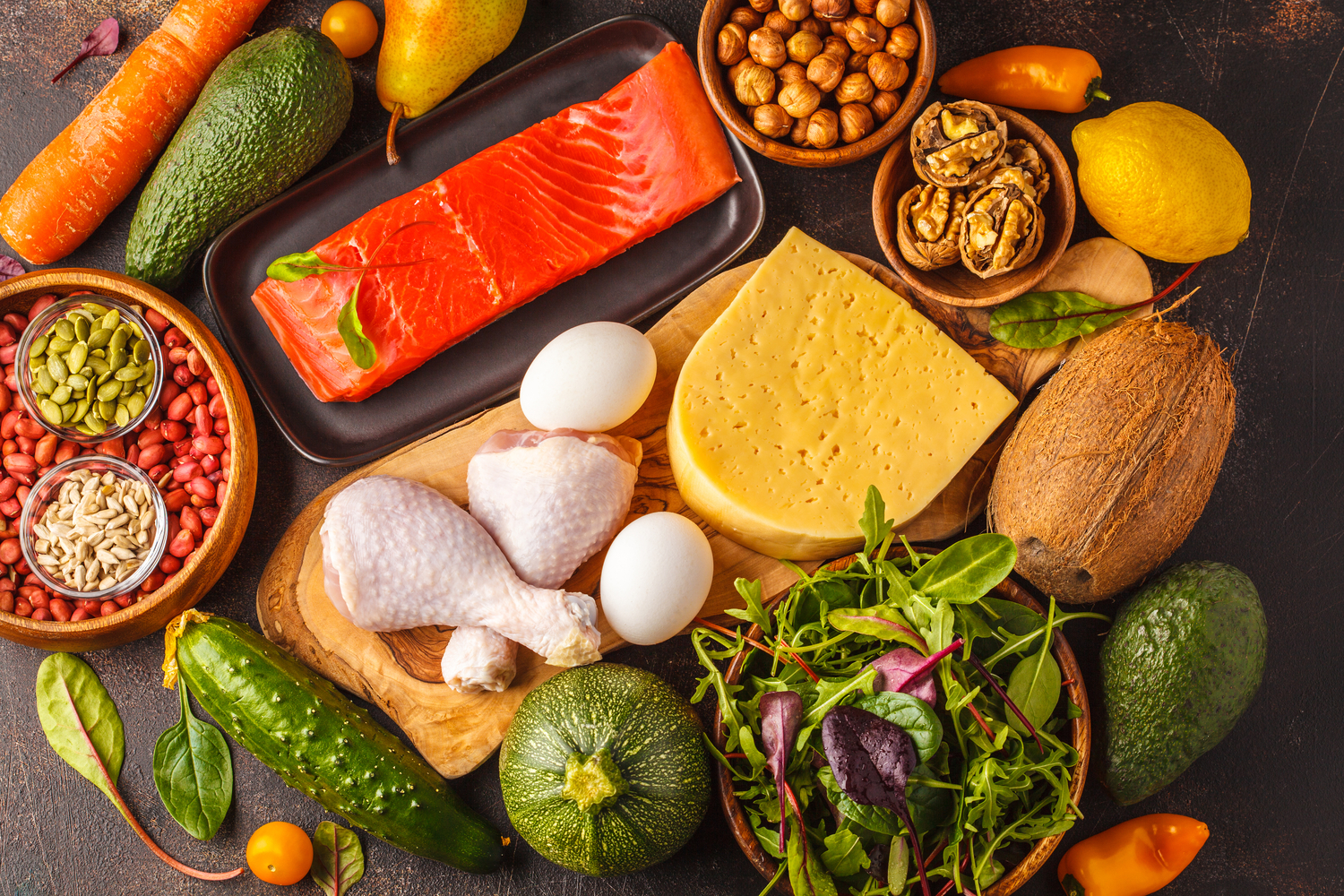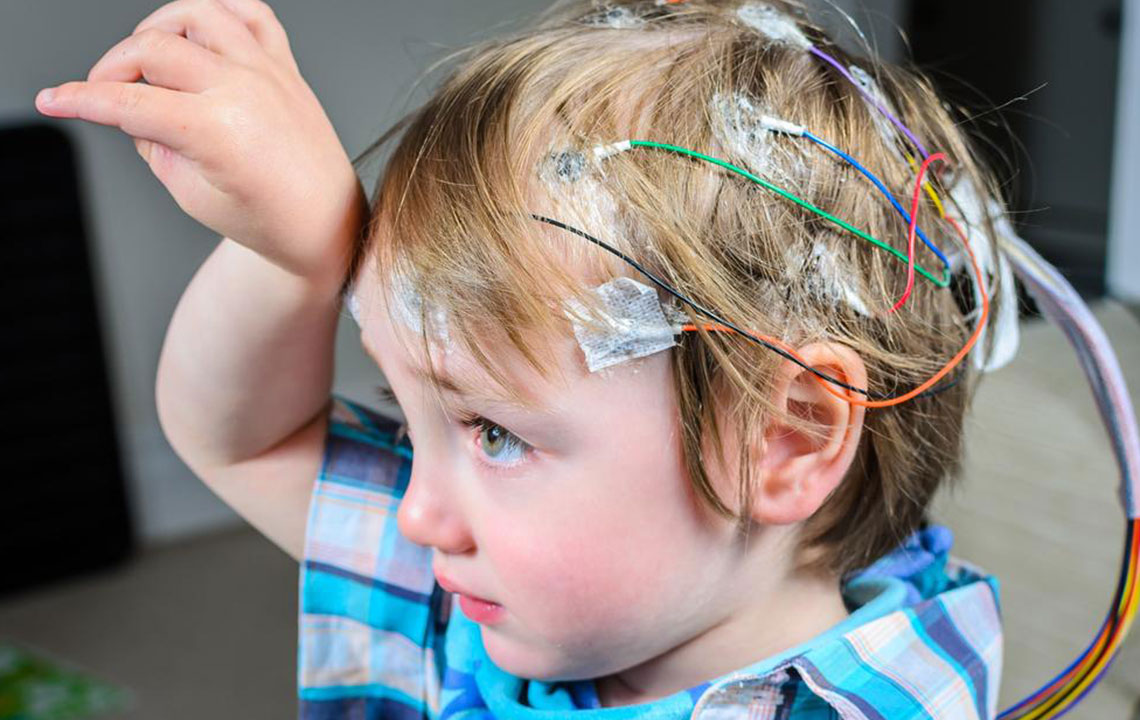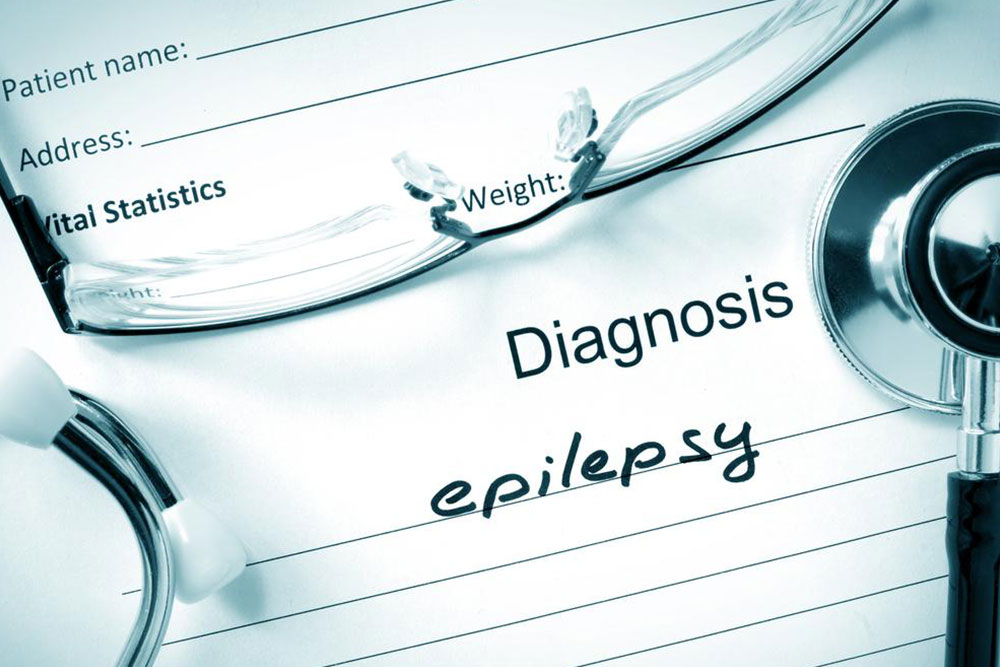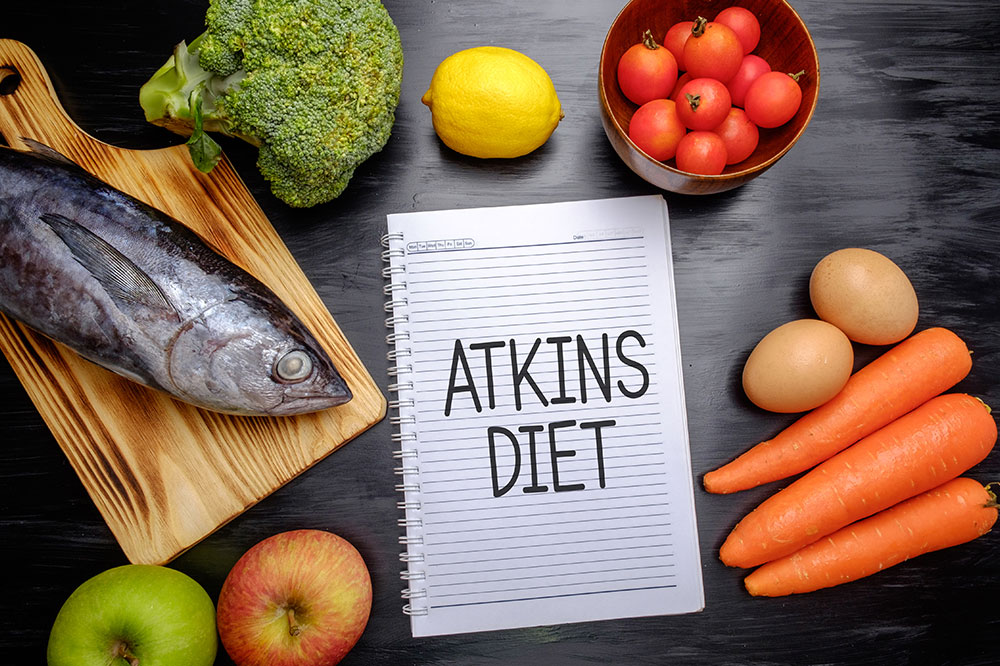Ketogenic Diet as a Treatment for Epilepsy
This article explores how the ketogenic diet serves as an effective treatment for epilepsy, especially in cases resistant to medication. It details the diet’s macro components—fats, proteins, and carbs—and recommends specific foods rich in healthy fats and low in carbohydrates. Additionally, it highlights the benefits of foods like Greek yogurt, butter, olive oil, nuts, seeds, and unsweetened beverages. The overview provides essential dietary guidance for managing epilepsy through nutrition, emphasizing the importance of medical consultation for personalized care.
Using the Ketogenic Diet to Manage Epilepsy
Ketogenic diet for epilepsy
The ketogenic diet is tailored to induce a state of ketosis, a natural metabolic process. It emphasizes high fat intake with minimal carbohydrates, prompting the body to burn fat for energy instead of glucose derived from carbs. Beyond weight loss, diabetes management, and cancer therapy, this diet has proven effective in reducing seizures in epilepsy patients unresponsive to medication. It involves increasing fats, moderating protein, and restricting carbohydrate consumption, offering a promising alternative treatment for refractory epilepsy.

Focus on consuming abundant fats, moderate protein, and very low carbohydrate foods. Below are key macronutrients in a ketogenic diet and their roles:
Fats (lipids): Found in oils, oily fish, nuts, seeds, and high-fat dairy products like butter, cheeses, cream, and coconut oil. Fats are essential for cell health and supporting the protective myelin sheath around nerves, including the brain.
Proteins: Sources include dairy products, eggs, meat, fish, lentils, and beans. Proteins supply vital amino acids, minerals, and support muscle, blood cells, hormones, and immune functions.
Carbohydrates, mainly from whole foods, serve as the body’s main energy source. Healthy carbs like fiber-rich vegetables, fruits, whole grains, and legumes are permitted, whereas refined carbs and sugars are restricted. When following a ketogenic diet for epilepsy, certain foods are recommended:
Greek yogurt and cottage cheese: Rich in protein with low carbs; for instance, 150 grams of Greek yogurt provides 11g protein and 5g carbs. Cottage cheese offers 18g protein and 5g carbs per 100 grams. These help suppress appetite and promote satiety.
Butter and cream: Ideal sources of healthy fats with minimal carbs, suitable for ketogenic therapy.
Olives and olive oil: Rich in healthy fats and carb-free; olive oil is excellent for salads and dressings. A 28-gram serving of olives contains about 2 grams of carbohydrates.
Nuts and seeds: Provide healthy fats and are low in carbs; for example, walnuts have 2g carbs per 28g, pumpkin seeds about 5g, and cashews roughly 9g.
Unsweetened coffee and tea: Free of carbs and beneficial for mental alertness and physical performance, especially in epilepsy management.










